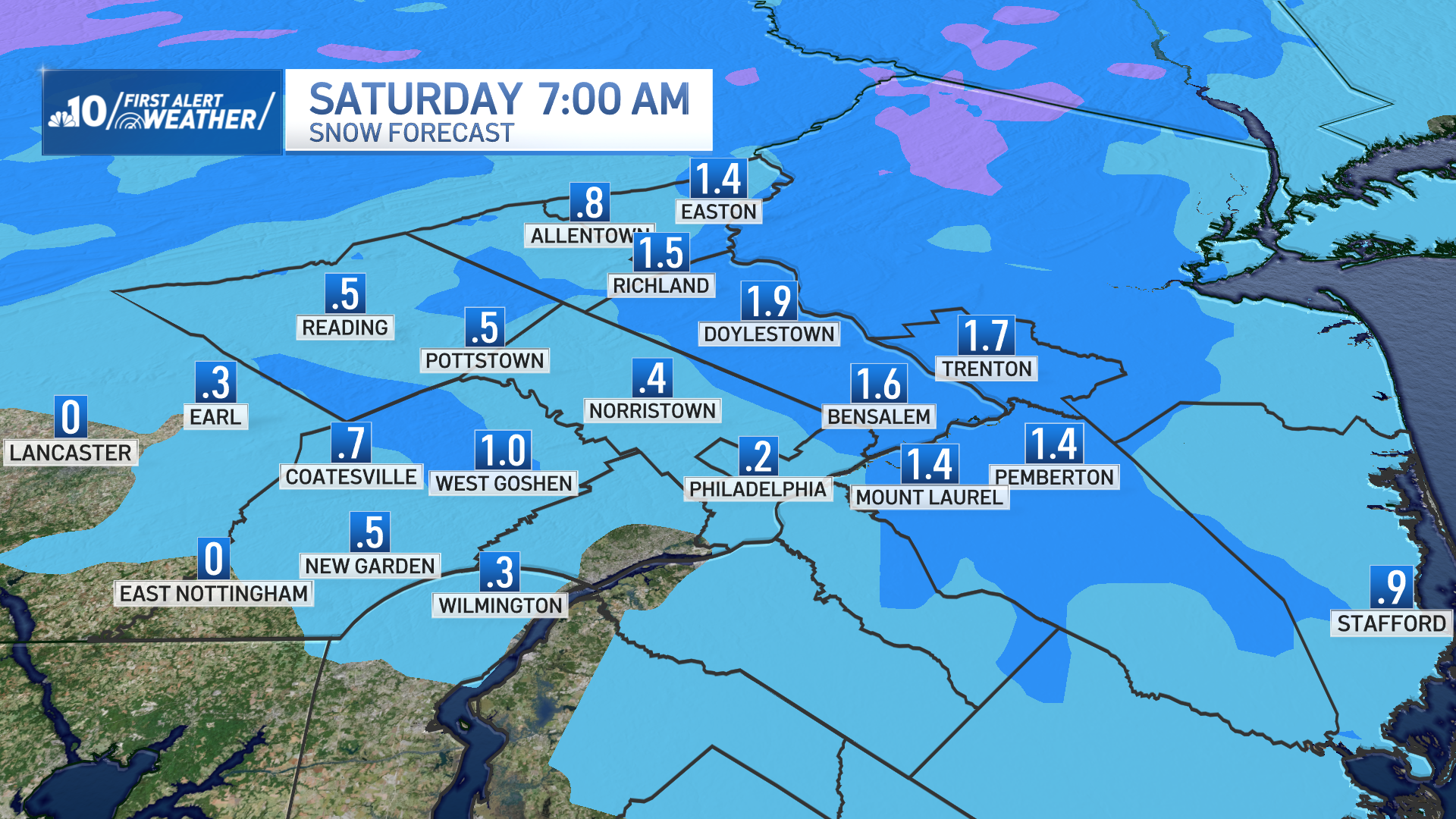An appeals court has dismissed the Lower Merion school district's arguments about a tax increase thrown out last year, but district officials said the legal fight to reinstate the 2016 tax rate is not over.
The district had appealed a ruling by Common Pleas Judge Joseph Smyth to Commonwealth Court, and after several months, that court on Thursday opted not to issue an opinion on the increase. It said the district failed to file required motions within a certain time period.
"Because the trial court issued a permanent injunction and the School District failed to file post-trial motions, we must dismiss the School District's appeal because all of its issues are waived," Commonwealth Court Judge Julia Hearthway wrote.
The battle is over a 4.4-percent increase passed by the school board. A group of taxpayers, led by attorney Arthur Wolk, successfully argued that the rate unnecessarily exceeded a state-mandated annual cap on spending.
The district said in a statement that the Commonwealth Court's decision is a "technical one based not on the merits of the case, but on an interpretation of Pennsylvania civil procedure."
"The District will thoroughly review the decision and carefully consider the next steps in our challenge of this case," the statement said. "We look forward to the opportunity to our continued, shared efforts to preserve and protect public education and the democratic principles of local control."
Attorney Alicia Hickok, who is representing Lower Merion, was not immediately available for comment Friday, but she is expected to file for a re-hearing before the entire Commonwealth Court. A three-judge panel of the court heard the appeal in December.
Local
Breaking news and the stories that matter to your neighborhood.
If the court rejects that request, an appeal to the state Supreme Court could be filed. A decision on how to proceed will likely be made by very early next week, an attorney for the district said.
Legal observers and tax experts have watched the case with interest because of its ramifications beyond a local tax rate increase. Education advocacy groups like the Pennsylvania School Boards Association (PSBA) and the Pennsylvania State Education Association (PSEA) submitted "friend of the court" briefs to Commonwealth Court that cautioned against allowing the judicial dismissals of tax increases passed by school boards.
"It has the potential for untold disruption to public education across the Commonwealth,” the PSEA wrote in support of Lower Merion's appeal last year.
But Wolk argued that education advocates were trying to divert attention from what he and other taxpayers appealed in the initial lawsuit: the the district raised taxes above a 2.4-percent cap under the guise that it needed additional funding for expenses it already had money for.
"The Appellant and its surrogates ... want to try and make this case about something it is not. They want to make this case about the Court 'usurping' the roles of the school districts of Pennsylvania and the Pennsylvania Department of Education," Wolk wrote in a brief filed before the Dec. 15 hearing in Commonwealth Court. "This is a case about reining in abuses by a school district in levying unlawful and excessive taxes."
The 2-percent difference between what Lower Merion approved for a tax increase and the state cap is roughly $4 million. That money, if the district ultimately loses its appeal of Smyth's ruling, would need to be returned to the township's taxpapers. The district has set aside that money, as required by the court.
The district acknowledged last year that it has more than $40 million in reserve accounts, but has disputed Wolk's arguments that it didn't need the additional money approved in the tax increase. Most of the money in reserve is in accounts dedicated to school construction and employee pensions.
In his original ruling, however, Smyth ruled that the district annually underrepresented the amount of revenue it would raise each year, which led to the large amounts in its reserve coffers.
Smyth wrote that annual budgets dating to 2008-2009 greatly exceeded district officials' yearly revenue expectations.
"In fact, for every fiscal year from 2008-2009 through 2014-2015, the School District passed a budget that projected multimillion-dollar deficits, yet year-end audits showed multimillion-dollar surpluses, amounting to a total during that span of over $42,500,000," Smyth wrote.
The case has also raised questions about the Pennsylvania Department of Education oversight of local school spending. NBC10.com reported last November that state caps on annual spending increases are easily circumvented by local school boards, which use rising pension costs and construction projects to bypass the caps.
One in three districts in Pennsylvania received exemptions to raise property taxes above their state-mandated caps this year, according to documents provided to NBC10.com by the state DOE.
The number of districts that received approvals, 178 this year, has increased from 165 in 2014-2015 and 173 in 2015-2016, the documents show. It is unclear how many used the exemptions to raise taxes above their caps.
Meanwhile, the state’s 500 districts had $4.3 billion in reserve accounts as of the 2014-2015 school year, according to analysis by the Commonwealth Foundation, a conservative think tank.
The group released a report last year that found 46 districts, including Lower Merion, have applied for and been granted cap exemptions in at least 8 of the last 10 years.



